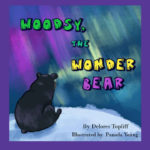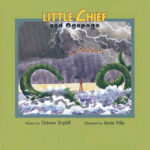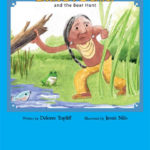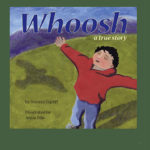Researching and now writing historic novels, I love learning stories behind the words, rhymes, etc., that are now part of our everyday world. For example, the tongue twister, “She sells sea shells down by the seashore” comes from historic fact, but not about seashells. Mary Anning, born in 1799 in Dorset, England, was the eldest daughter in a family that supplemented income by digging up fossils near the sea to sell to tourists. She had little education but excelled in fossils and filled in many blanks for science. I wish I’d known the gal and you can read more about her at http://www.littlethings.com/she-sells-seashells-meaning
There are two fascinating explanations for Orange Marmalade’s invention and name. One is that Mary, Queen of Scots, got a bad chill while riding horseback through a rainy night to meet her lover, Bothwell. Her French chef boiled orange peel with juice and sugar to cure her and she liked it so much she then kept it at her bedside always.
The second is that a French king had a young daughter also named Marie who was so sick and near death who would not take nourishment. Her desperate dad decreed that whoever could create a food to tempt her to eat and live would be handsomely rewarded. Supposedly, a poor but bright young man boiled oranges crushed in sugar, which she loved, and began her return to health. That story ends with the young man receiving gold plus becoming her husband (and probably starting a Marmalade factory). In French, the words for, Marie is sick are Marie est malade, close enough in sound there must be some basis in fact.
Which version do you vote for? Tell us the background of any fascinating word origin you know and enjoy.






Leave a Reply